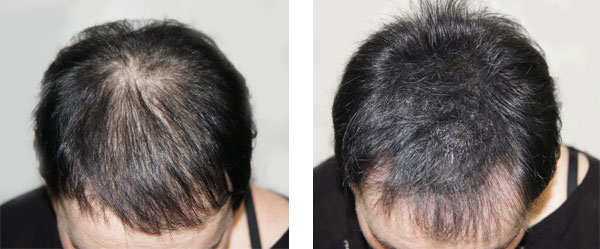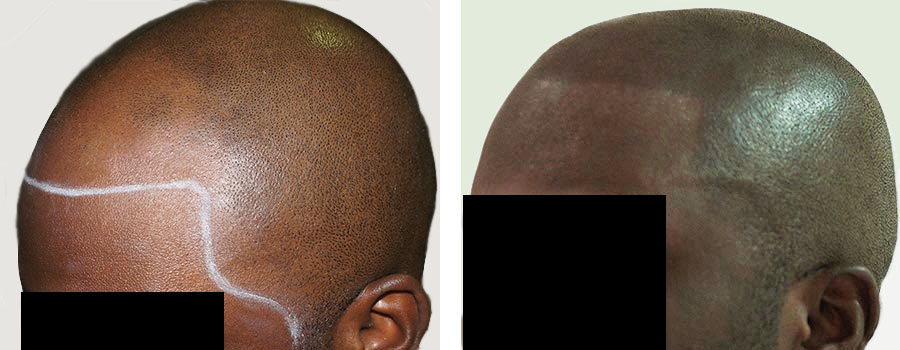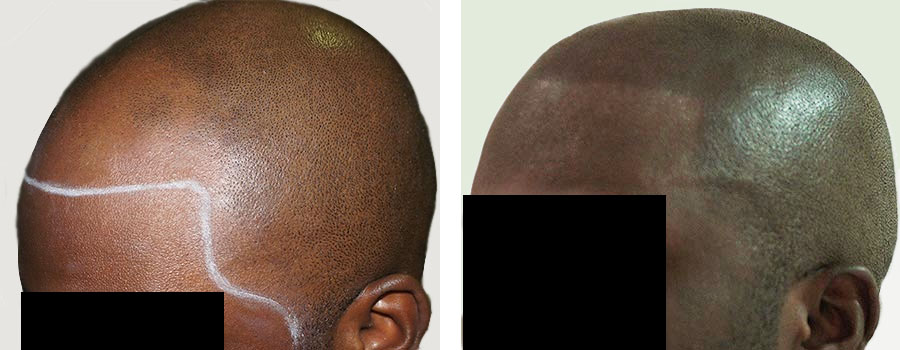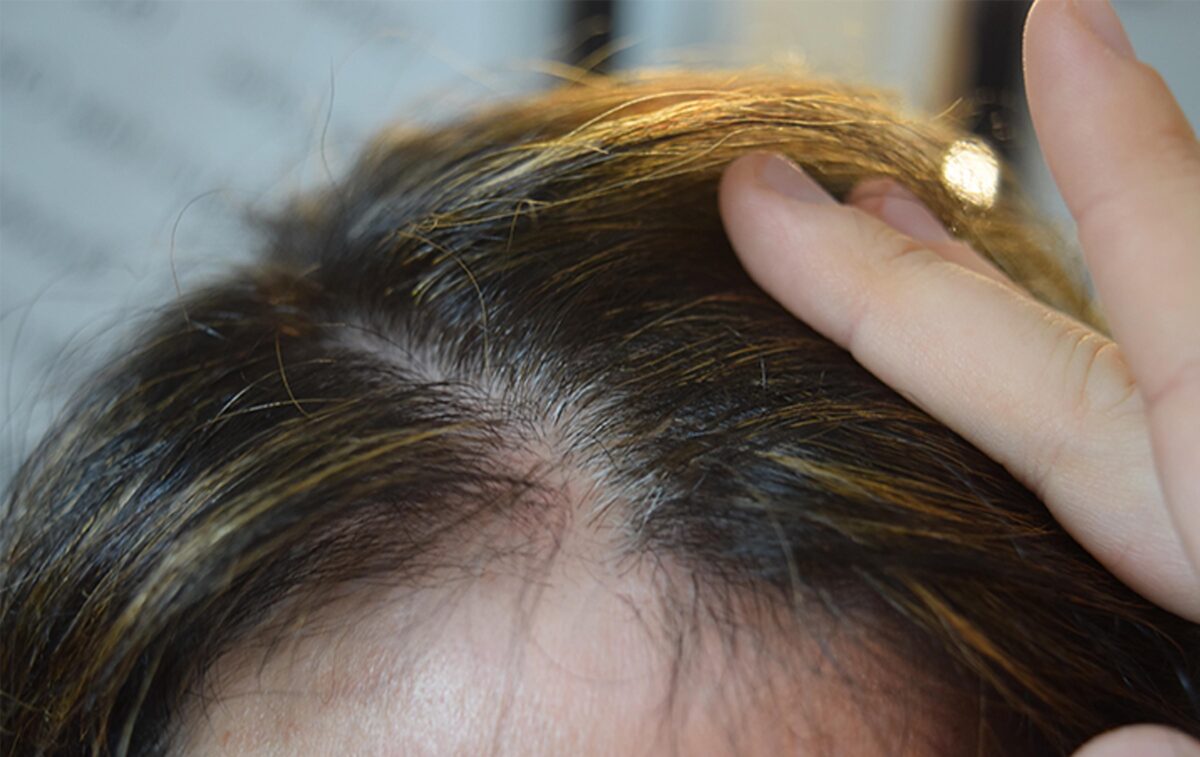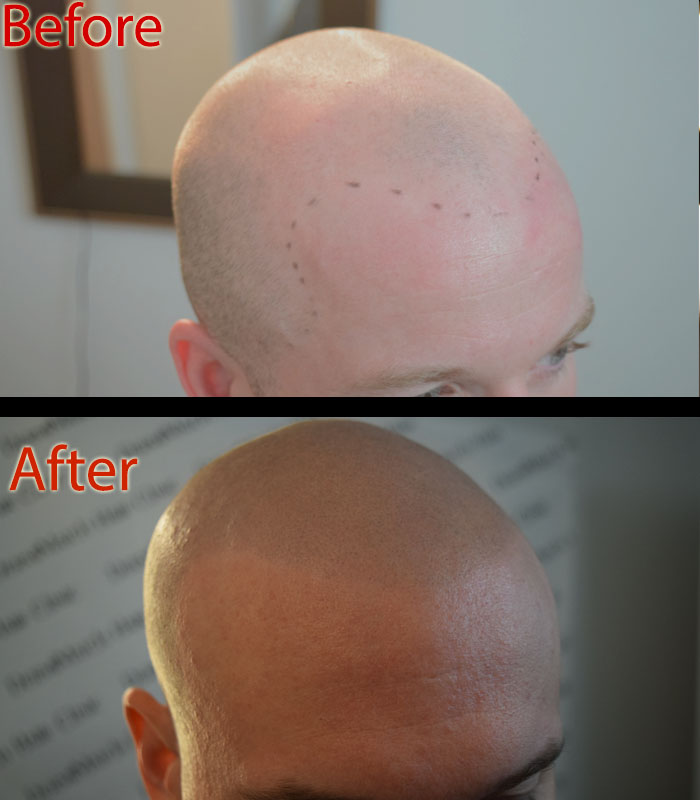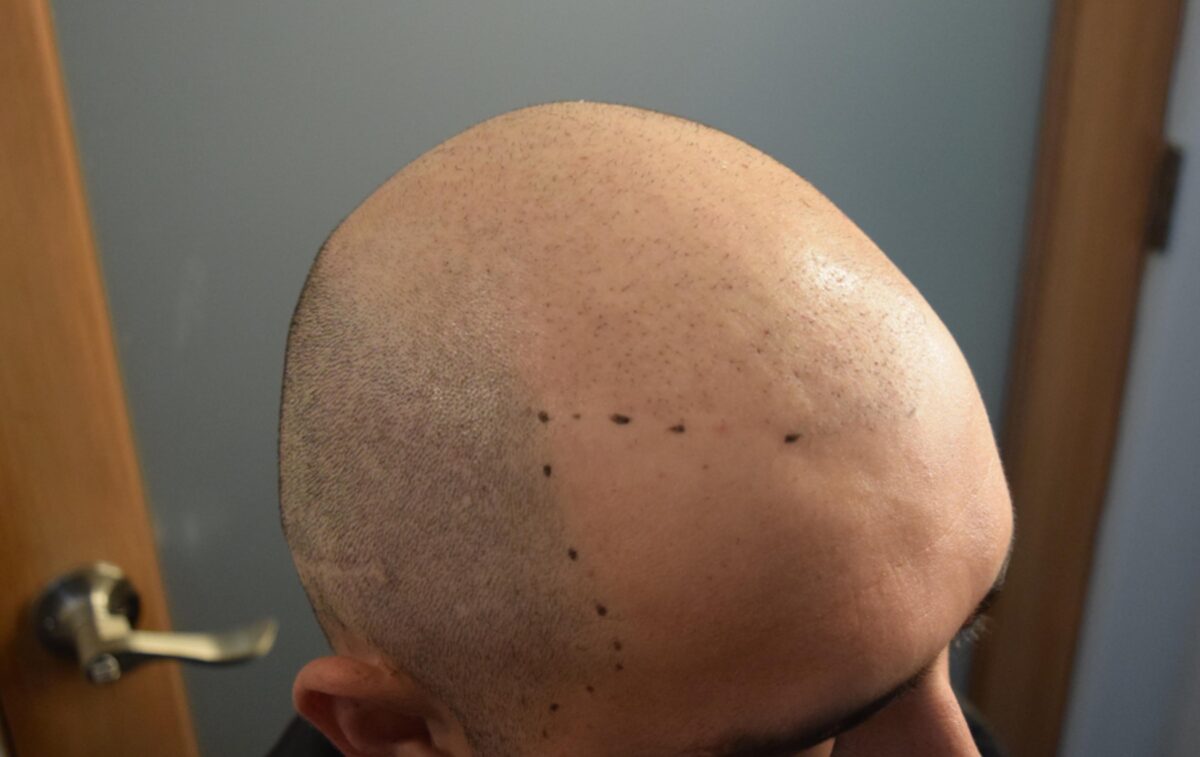So, you have been struggling with hair loss and looking for a solution to the problem. Coconut oil, lauded for its culinary and beauty uses, does fit in the criteria well as a natural alternative. It packs a punch when it comes to male hair care. Let’s explore some of the benefits of coconut oil for men’s hair.
Coconut oil for men’s hair is a Natural Moisturizer
If you are afraid of using harsh chemicals on your hair shaft, worry not. Coconut oil is the best moisturizer for hair care. Unlike harsh shampoos that strip away natural oils, coconut oil deeply nourishes the scalp and hair roots. It is rich in fatty acids that penetrate deeply into the follicles to moisturize and nourish the scalp, combating dryness and frizz.
Coconut oil is a Protein Powerhouse
Since your hair is primarily made of protein, it needs more protein for healthy growth. What better way to nourish your hair with extra protein than coconut oil? It is a natural source of lauric acid. The hair quickly absorbs it. So your hair can grow better without breakage. What’s more, lauric acid inhibits the growth of harmful bacteria on the scalp. So with regular use, you can enjoy a healthy scalp environment.
Coconut oil is your Scalp Savior from Dryness
If you often struggle with a dry scalp, coconut oil might rescue you! Thanks to its anti-inflammatory properties, coconut oil reduces irritation and soothes an irritated scalp. what’s more, regular massage helps promote scalp circulation. Massage helps stimulate blood flow to the scalp, thus delivering more nutrients to hair follicles.
Let coconut oil come to your Damage Defense
Using coconut oil for men’s hair growth regularly acts as your defense against environmental stressors like sun exposure and pollution that can wreak havoc on hair. Rich in antioxidants, coconut oil is a protective shield for hair that minimizes damage and keeps your hair youthful and vibrant.
Is Coconut Oil For Men’s Hair Growth A One-Cure-All
Well, it won’t be wrong to say that coconut oil is an excellent nourishment for hair growth, but it is not a panacea for all scalp problems. Addressing the underlying causes of hair loss, including dietary or nutritional deficiencies, hormonal imbalances, or stress, is crucial. Sometimes a medical condition could trigger hair loss.
Additionally, there is no conclusive evidence to prove the direct benefits of coconut oil for hair growth in men. Not only that, but the results are not the same for everyone.
Remember, coconut oil is not a one-fit-all solution for hair loss. its effectiveness may vary from one individual to another. Some people even claim that there is a potential for build-up of coconut oil due to its heavy texture, making it appear greasy and limp.
Unfortunately, it can clog hair follicles and exacerbate your hair loss problem. What’s more, all-natural remedies for hair growth do not work overnight. They are time-taking solutions that may take months or years to show proven results.
No doubt, coconut oil for men’s hair growth can be valuable for supporting healthy hair. However, it’s crucial to understand its limitations and manage expectations. If you are struggling with hair loss, scalp micropigmentation might be a solution.
The Best Hair Growth Alternative is Here
While SMP is not a solution for hair loss, it surely can be an effective technique to hide the scalp problems you are suffering from.
Getting help from expert Scottsdale SMP professionals is crucial for results. unless you hire the services of a scalp professional in Scottsdale, you cannot experience the best outcome. For realistic SMP results, consult with the leaders in scalp micropigmentation in Scottsdale, available at DermiMatch Clinic.

